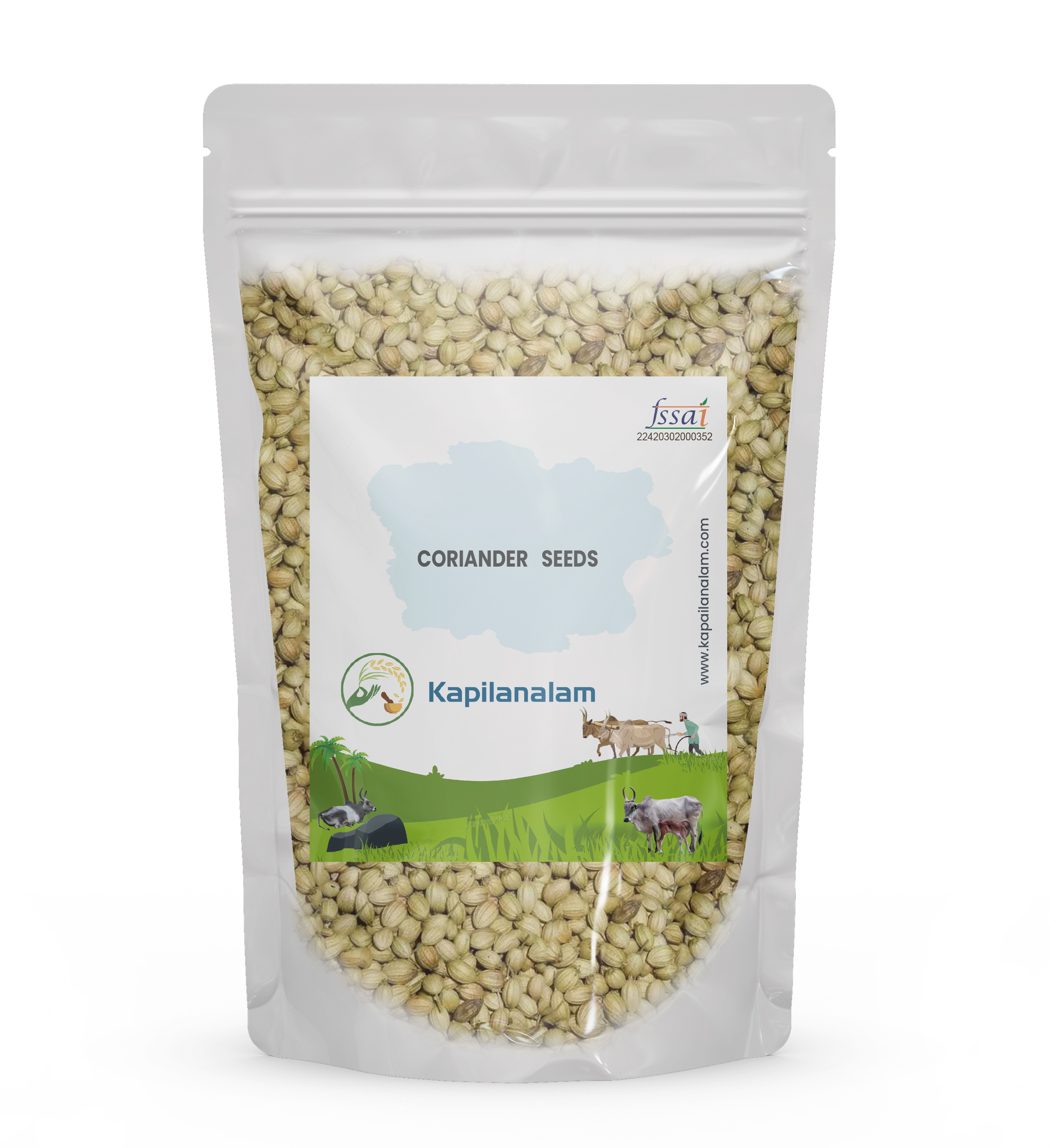Marketing kapilanalam the groceries after lab testing for polyphenols and MDA (malondialdehyde) indicates a commitment to quality and ensuring the freshness of the products. Here's a brief explanation of these lab tests:
- Lab testing for polyphenols: Polyphenols are natural compounds found in many plant-based foods, including fruits, vegetables, and coffee. They have antioxidant properties and are associated with various health benefits. Conducting lab tests to measure the polyphenol content helps provide an indication of the product's potential antioxidant activity and overall quality.
- Lab testing for MDA: Malondialdehyde (MDA) is a marker for oxidative stress and lipid peroxidation, which can occur during the degradation of fats. Measuring MDA levels can give insights into the freshness and quality of food products. Lower levels of MDA suggest better preservation, as well as potentially higher antioxidant activity.
By conducting these lab tests and marketing the groceries based on the results, Kapilanalam is emphasizing the quality and potential health benefits products.
Coriander seeds, also known as dhaniya or cilantro seeds, are the dried seeds of the coriander plant. They are commonly used as a spice and offer several potential health benefits. Here are some of the benefits associated with consuming coriander seeds:
- Digestive aid: Coriander seeds have traditionally been used to support digestion. They contain compounds that can help stimulate the production of digestive enzymes, promote healthy bowel movements, and alleviate symptoms such as bloating and gas.
- Anti-inflammatory properties: Coriander seeds possess anti-inflammatory properties that may help reduce inflammation in the body. This can be beneficial for conditions such as arthritis, joint pain, and inflammation-related diseases.
- Antioxidant activity: Coriander seeds are rich in antioxidants, including flavonoids and phenolic compounds. These antioxidants help protect against free radicals, reduce oxidative stress, and support overall cellular health.
- Blood sugar regulation: Some studies suggest that coriander seeds may help regulate blood sugar levels. They may have hypoglycemic properties, promoting better glucose control and insulin sensitivity. However, further research is needed to fully understand the effects on blood sugar regulation.
- Cholesterol-lowering effects: Coriander seeds have been associated with cholesterol-lowering effects in animal studies. They may help reduce LDL (bad) cholesterol levels while increasing HDL (good) cholesterol levels. However, more research is needed to confirm these effects in humans.
- Antibacterial properties: Coriander seeds possess antibacterial properties and may help inhibit the growth of certain harmful bacteria. This makes them potentially useful for maintaining oral hygiene and preventing bacterial infections.
- Rich in essential nutrients: Coriander seeds are a good source of essential nutrients, including vitamins A, C, and K, as well as minerals such as iron and manganese. These nutrients play various roles in supporting overall health, including immune function and bone health.
It's important to note that while coriander seeds offer potential health benefits, they should be consumed as part of a balanced diet. Individual dietary needs and health conditions should also be taken into consideration.
